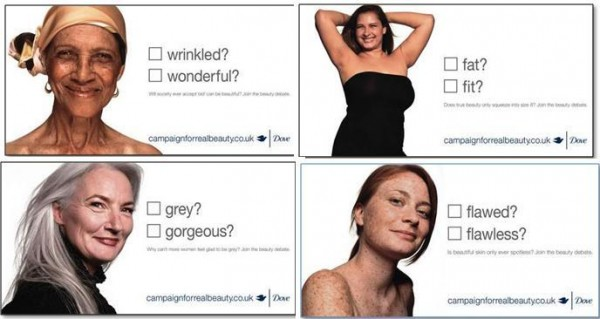Unilever: A Purpose-Led FMCG Brand
- Rohan Nidmarti
- Jul 14, 2021
- 3 min read
The first name that comes to mind as soon as someone talks about the consumer-packaged-goods (CPG) industry is Unilever. You could wake up, brush your teeth, shower, make breakfast, clean the house, make lunch, have dessert, and you could easily have used only Unilever products the entire day. As of 2020, it has a turnover of $60 billion, a $157 billion market cap, and 155,000 employees worldwide. It is headquartered in London, UK.

Back in 1929, no one would've predicted that a company founded by the merger of a Dutch margarine owner and a British soap-maker would years later become one of the largest & most established companies in the world. It now owns almost 400 brands, and is primarily known for its diversification into 3 main divisions:
1) Food & Refreshments
2) Home Care
3) Beauty & Personal Care

From 1943 to 2000, Unilever made several high-profile acquisitions including Pepsodent, Lipton, Brooke Bond, Ragu, Pond's, Vaseline, Ben & Jerry's, Knorr, Marmite, Hellmann's, Magnum, Sunsilk etc.
Marketing:
One of the best business strategies used by Unilever is that it integrates its global strategies with the local community (retaining its local essence) to attract customers. Hindustan Unilever, a subsidiary of Unilever in India, has established itself as one of the most loved brands by the Indian audience. The reason for the success of HUL in the Indian market is its association with middle-class values and old-fashioned essence. HUL's philosophy has remained rooted in the purpose & values of consumers.
For instance, Surf Excel's tagline has been 'dirt is good' and has portrayed it in various forms. Brooke Bond Red Label depicted how a social conversation over a cup of tea (or just a sip) could bring a change in the social views of the tea-lover.
Dove describes itself as being dedicated to help women develop a positive relationship with the way they look, helping them raise their self-esteem. Dove included women of all shapes and colours, and in 2007 included women of different ages as well.

Sustainability:
Unilever is betting big on sustainability. It established a sustainable agriculture programme, and partnered with the Rainforest Alliance to sustainably source all its tea. In 2011, Unilever announced its plan to switch to 100% cage-free eggs, and would phase out the use of microplastics in the form of microbeads in their personal care products.
In 2020, Unilever celebrated 10 years of the Sustainable Living Plan. The company had committed to providing sustainable living for 8 billion people worldwide and decided to address social inequity & climate change. As of 2020, 50% of managerial positions in Unilever are held by women, and it came second in the 'Best Employers for Women 2020'.

The ambition is for the 'U' to become the trust-mark of sustainable living. In the wake of the One Unilever campaign, hundreds of brands were shed & numerous subsidiary companies scrapped. The Unilever logo started appearing on all packaging & advertising. It is now the most used logo in the world. In 2013, Project Sunlight was launched, intended to be a platform to share content around what Unilever represents. Unilever's sustainable brands (Dove, Lifebuoy, Ben & Jerry's) are growing twice as fast as the rest of the portfolio.

Unilever plans to reduce food wastage from the factory to the shelf by 50% by 2025. Furthermore, it plans to increase plant-based sales to $1.2 billion by 2025-27 in order to reduce greenhouse gases from traditional animal-based agriculture.
Consumer-Centric Business:
Unilever has taken up initiatives in its R&D, which is heavily funded to align with changing consumer needs. It has R&D operations in China, India, UK, Netherlands, & the US. Unilever has also been able to cut costs and achieve expertise in distribution channels.
The most crucial element in Unilever's business strategy is the R&D in product development. It understands the needs of consumers. With its dedicated, sustainable, & consumer-centric business strategy, Unilever is poised to be the market leader in the CPG industry.




Comments